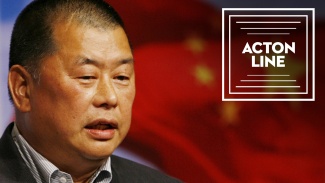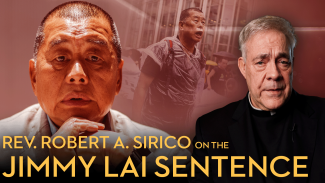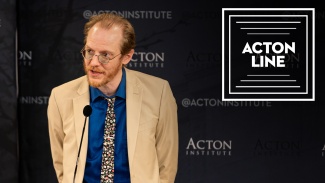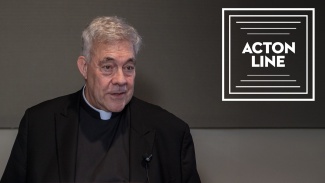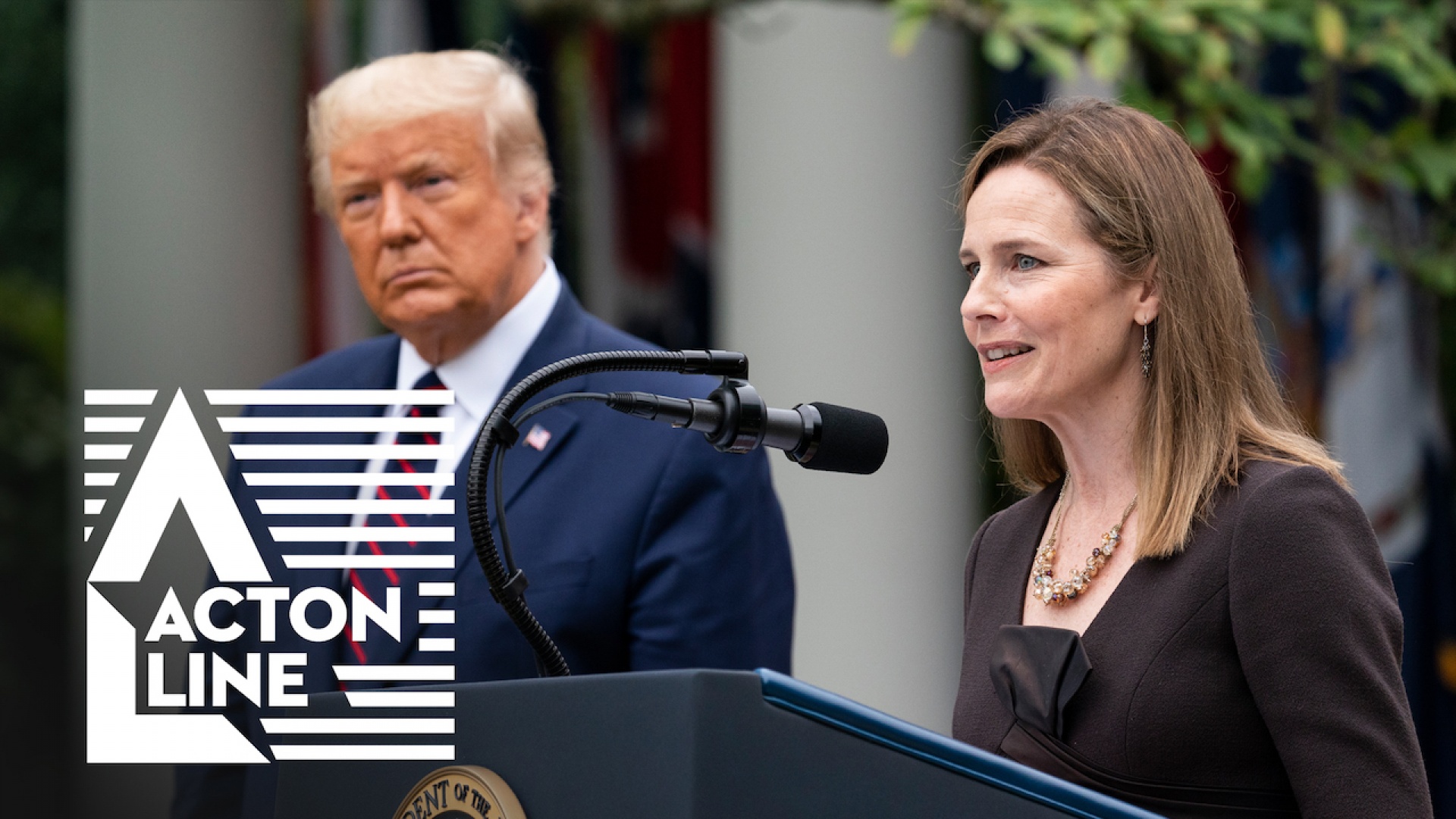
Overview
The untimely death of Supreme Court Justice Antonin Scalia in February of 2016 amplified questions about the Supreme Court in the 2016 election to new highs. Republican Senate Majority Leader Mitch McConnell’s high wire act in denying a hearing and vote on President Barack Obama’s nominee to fill that seat, Judge Merrick Garland, ultimately paid off for him: President Donald Trump nominated Judge Neil Gorsuch, who was then confirmed by the Republican-controlled Senate.
A year later, the political world was rocked again by the retirement of Justice Anthony Kennedy and President Trump’s nomination of Brett Kavanaugh to the bench. Following one of the most contentions confirmation hearings in modern American political history, Kavanaugh was also confirmed.
Now, the passing of Justice Ruth Bader Ginsburg has created another election year vacancy on the nation’s highest court. President Trump has nominated Judge Amy Coney Barrett to fill the seat. The political temperature has again risen.
In his new book, “Supreme Disorder: Judicial Nominations and the Politics of America’s Highest Court,” Cato’s Ilya Shapiro examines the history of the judicial confirmation hearings, how politics has invaded the Supreme Court itself, and how appointments to the Court have become one of the most explosive features of our system of government.
In this episode, Ilya Shapiro discusses his new book, how our politics of the judiciary got this way, how that politics affecting us as a nation, and what, if anything, can be done about it.
Ilya Shapiro at the Cato Institute
Supreme Disorder: Judicial Nominations and the Politics of America's Highest Court - Ilya Shapiro
Term Limits Won’t Fix the Court - Ilya Shapiro
Everything you need to know about Amy Coney Barrett - Rev. Ben Johnson
‘A different kind of lawyer’: Amy Coney Barrett on Christian vocation - Joseph Sunde
High Court, high stakes: Replacing Ruth Bader Ginsburg - Trey Dimsdale


